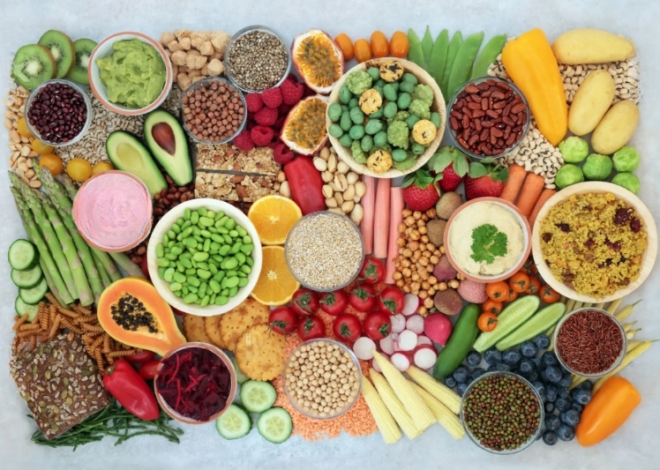
The Crucial Role of Saliva in Digestion
Saliva, often dismissed as a mere lubricant in the oral cavity, plays a far more critical role in the process of digestion than you might imagine. While it might not receive as much attention as the stomach or the intestines, saliva is the unsung hero that kickstarts the digestive journey. In this blog post, we will explore the fascinating world of saliva and how it contributes to the breakdown of food, paving the way for the absorption of nutrients in your body.
What Exactly Is Saliva?
Saliva is a watery fluid produced by the salivary glands in your mouth. These glands, including the parotid, submandibular, and sublingual glands, work tirelessly to secrete saliva each time you eat, talk, or even think about food. The composition of saliva is far from simple; it consists of 99.5% water and a range of essential components, including electrolytes, mucus, and enzymes.
The Digestive Powerhouse: Enzymes in Saliva
One of the most remarkable aspects of saliva is the presence of enzymes, the biochemical catalysts that initiate and facilitate chemical reactions in the body. In the case of digestion, saliva contains an enzyme called amylase. Amylase is primarily responsible for breaking down carbohydrates into simpler sugars. This process begins as soon as you take your first bite of food.
Saliva’s Role in Carbohydrate Digestion
As you chew your food, amylase gets to work. It specifically targets starches, which are complex carbohydrates found in foods like bread, pasta, rice, and potatoes. Starches consist of long chains of glucose molecules, making them challenging for your body to absorb directly. Amylase’s role is to start breaking down these chains into shorter, more manageable segments.

Imagine you’re enjoying a crispy french fry. As you chew, the amylase in your saliva begins the process of converting the starches in the potato into maltose, a simpler sugar. This transformation is crucial because your body can more easily absorb and utilize sugars like maltose for energy.
The Magic Begins in Your Mouth
The digestive process actually commences in your mouth, thanks to saliva. This initial breakdown of starches is an essential step because it eases the workload on your stomach and small intestine later in the process. Without saliva’s contribution, your digestive system would face a much more daunting task.
Moistening and Lubrication
Beyond its enzymatic activity, saliva serves another vital function. It moistens and lubricates the food you’re consuming, making it easier to chew and swallow. Imagine trying to eat a dry cracker without saliva—it would be an uncomfortable experience, to say the least. Saliva ensures that food glides smoothly down your esophagus and into your stomach.
Saliva and Your Sense of Taste
Saliva isn’t just about digestion; it also plays a role in your sense of taste. Saliva contains molecules that help dissolve and transport taste compounds to the taste receptors on your taste buds. This means that without sufficient saliva, your ability to taste and savor the flavors of your food would be diminished.
Consequences of Insufficient Saliva
Now, let’s consider what happens when there’s a shortage of saliva, a condition known as xerostomia or dry mouth. Without enough saliva, several issues can arise:

- Difficulty Swallowing: Insufficient lubrication can make swallowing uncomfortable and even painful.
- Dry Mouth: Chronic dry mouth can lead to discomfort and oral health problems like gum disease and tooth decay.
- Impaired Digestion: With less saliva, the initial breakdown of carbohydrates is compromised, placing more strain on the rest of the digestive system.
- Reduced Taste Perception: As mentioned earlier, saliva is integral to your sense of taste. Dry mouth can lead to a diminished ability to enjoy the flavors of your food fully.
In Conclusion
Saliva’s role in digestion is often overlooked, but it’s undeniably crucial. From the enzymatic breakdown of carbohydrates to the moistening of food for comfortable swallowing, saliva sets the stage for efficient digestion. So, the next time you sit down for a meal, take a moment to appreciate the unsung hero in your mouth, working silently to ensure your body gets the nourishment it needs. Saliva: more than just a mouthful—it’s a digestive powerhouse!

